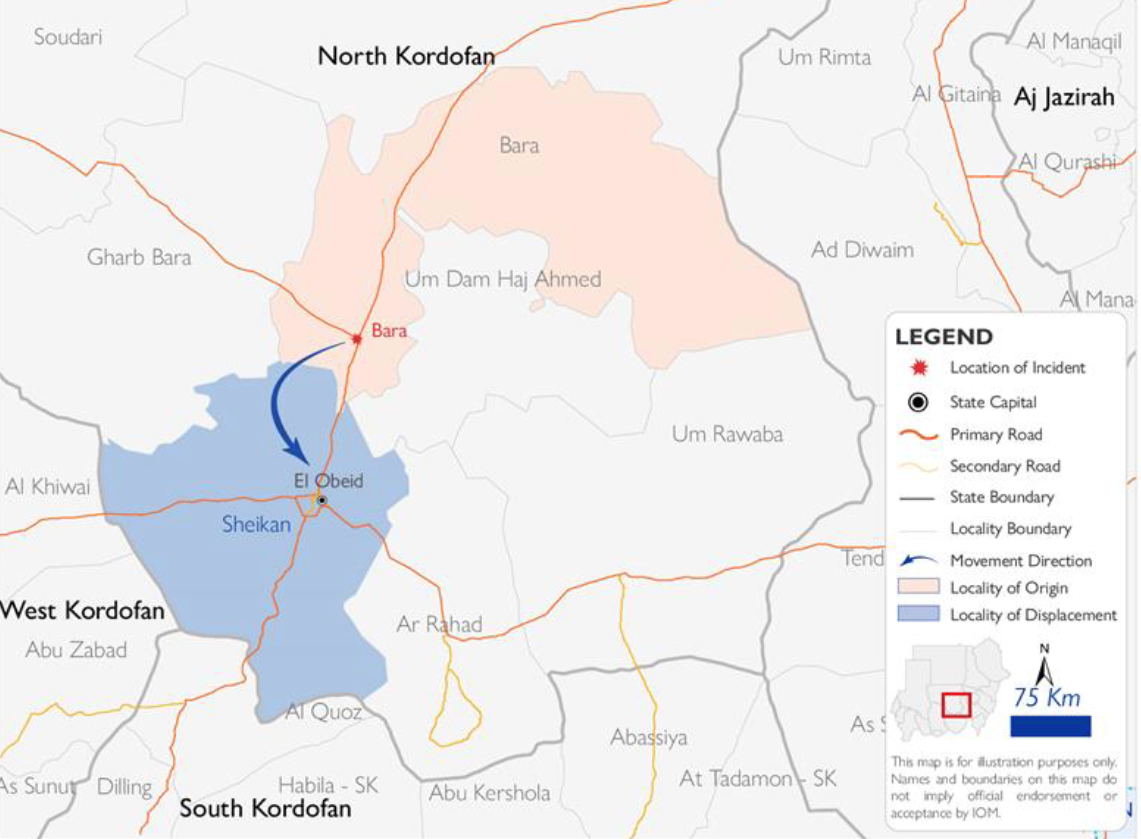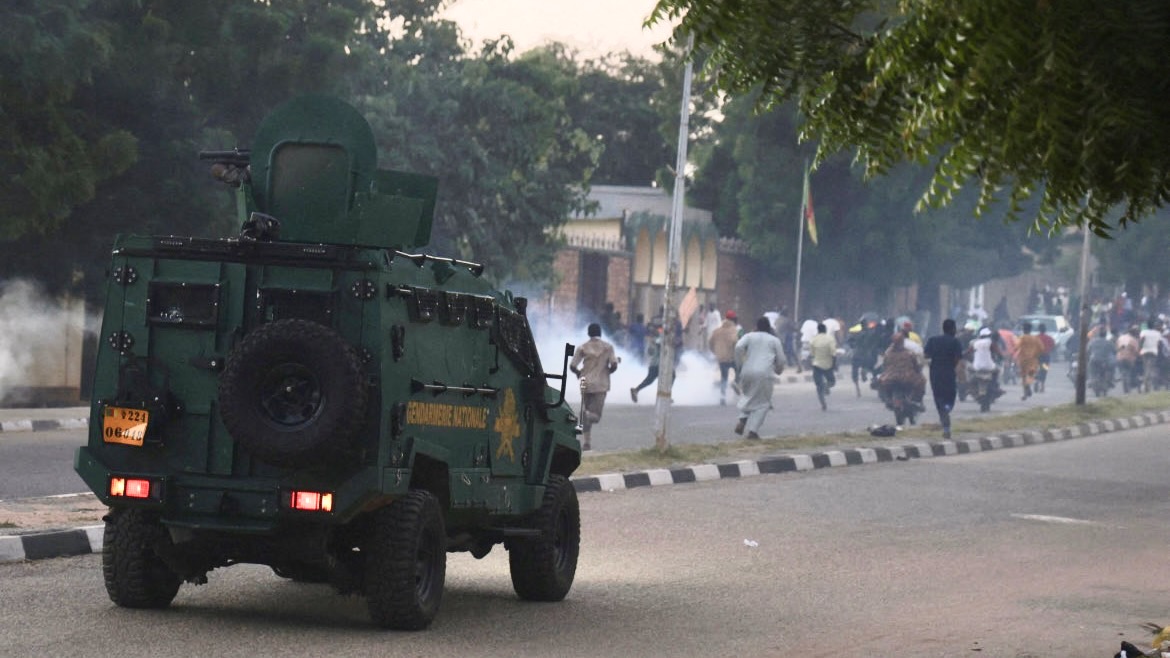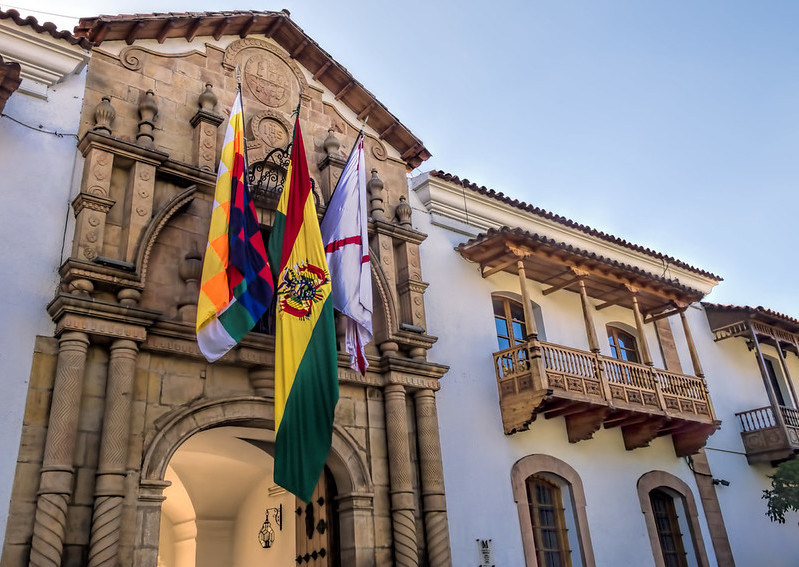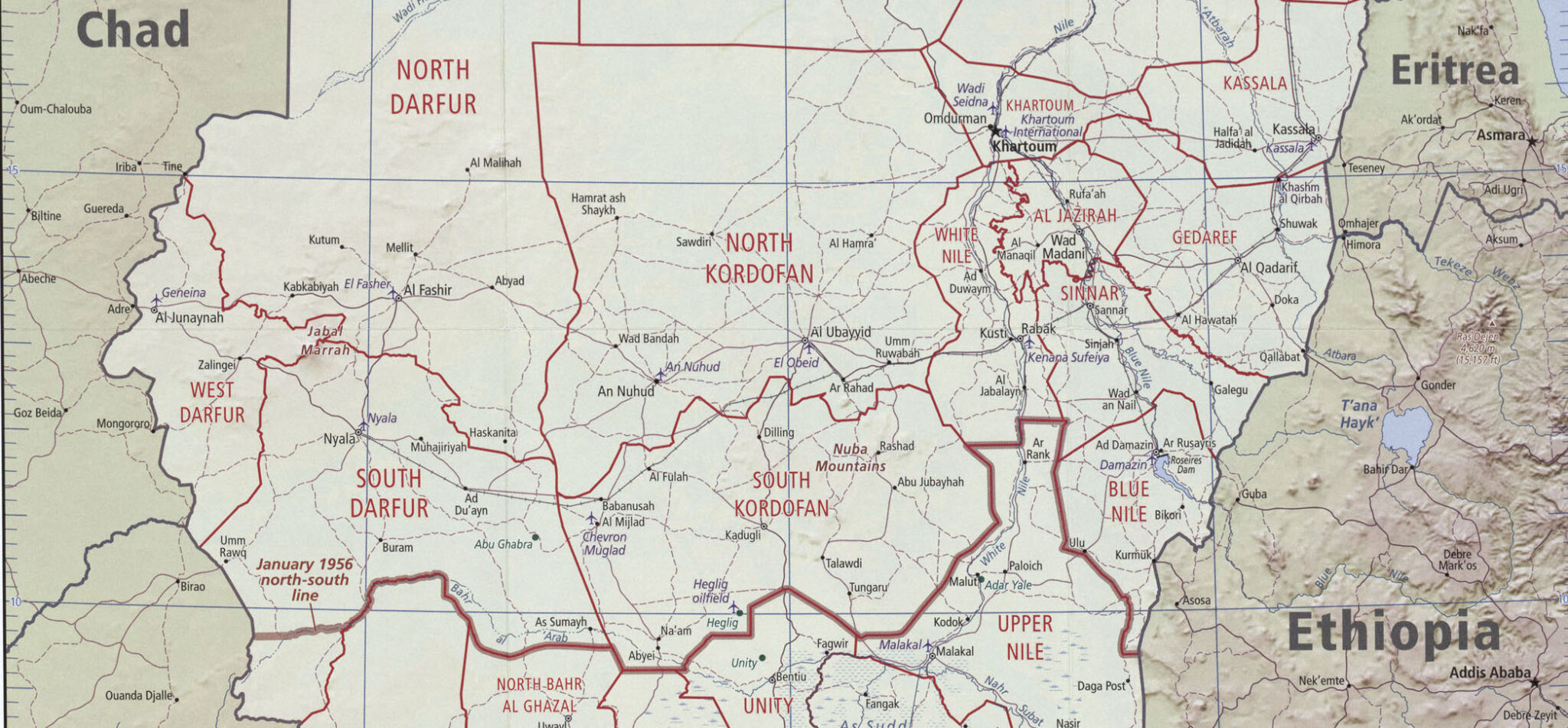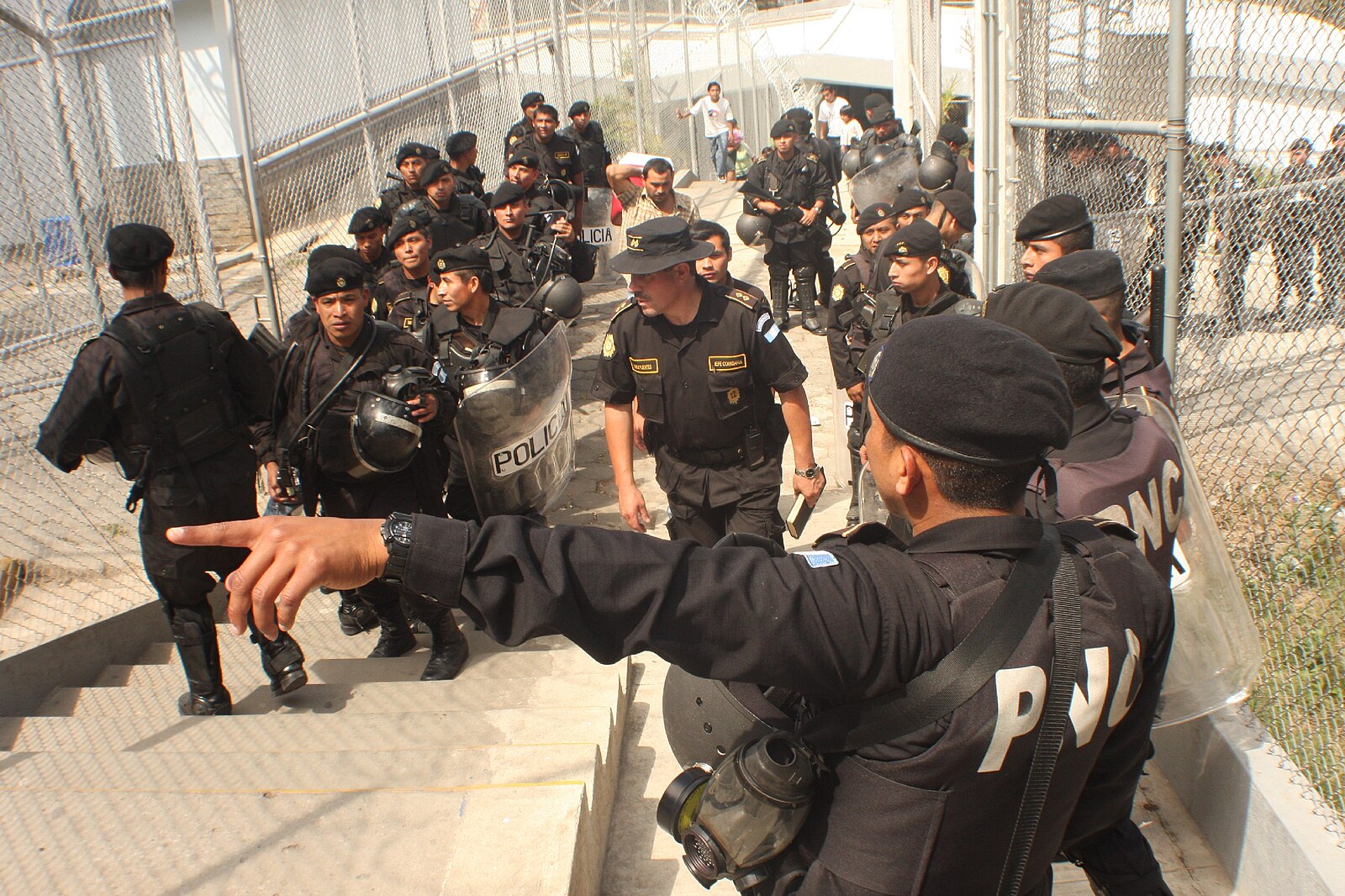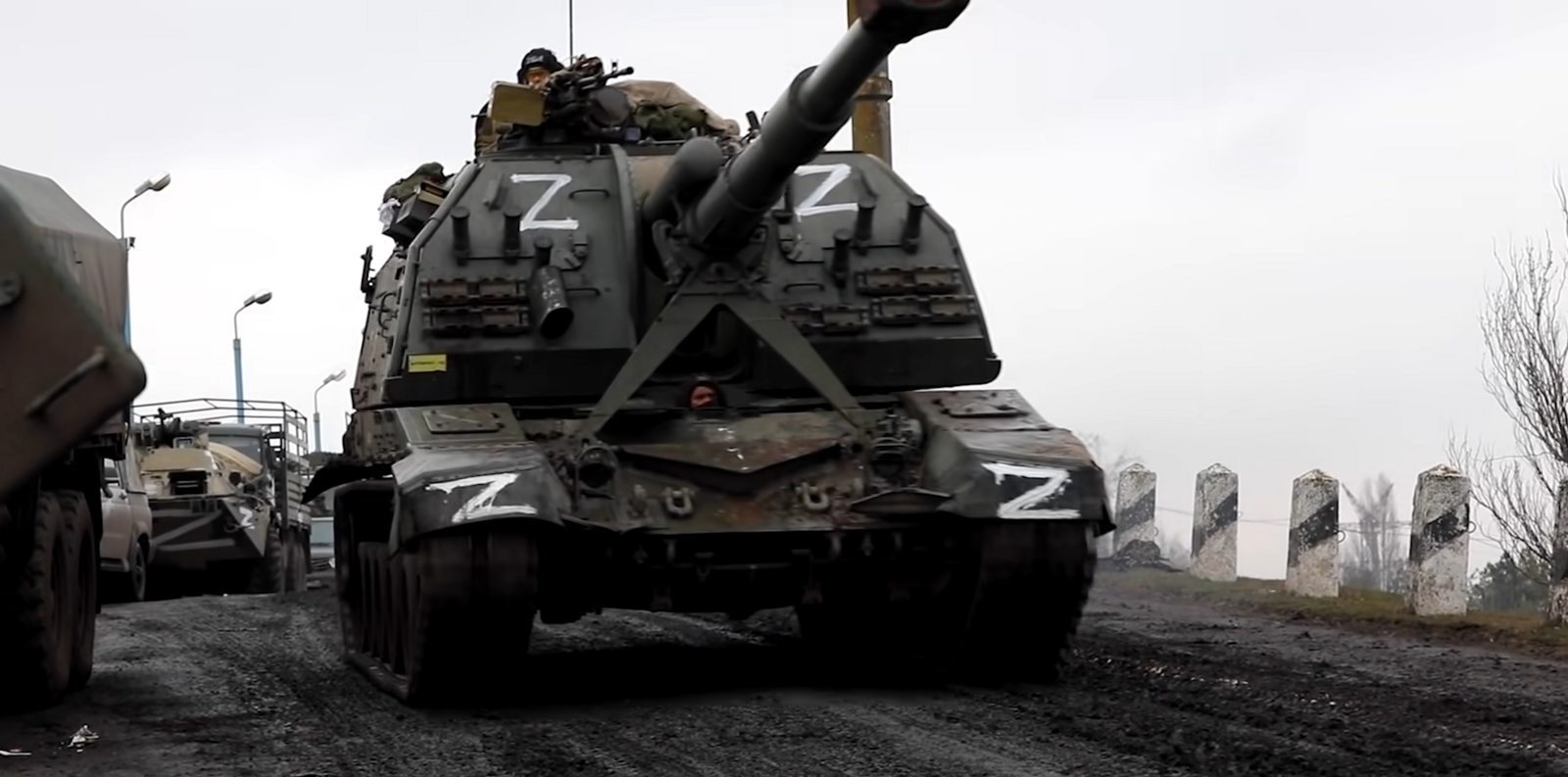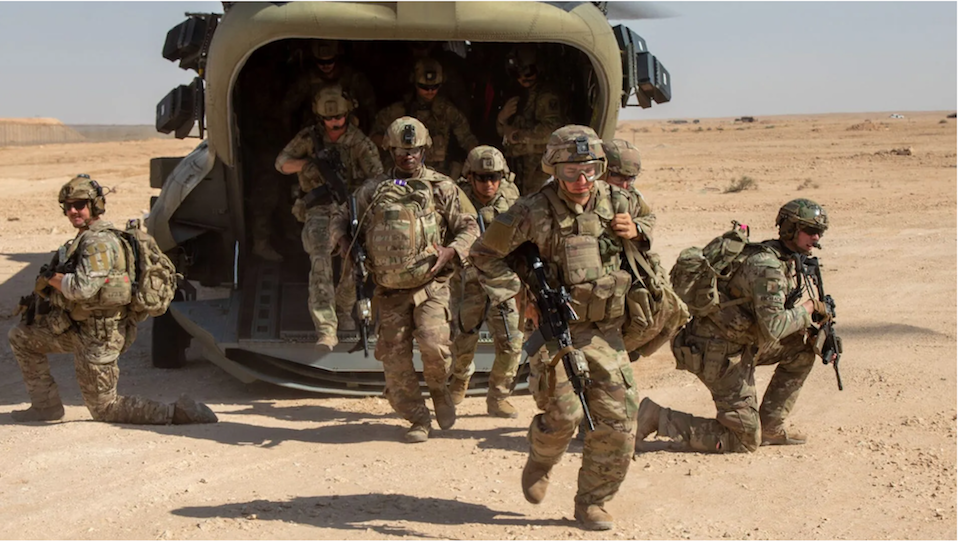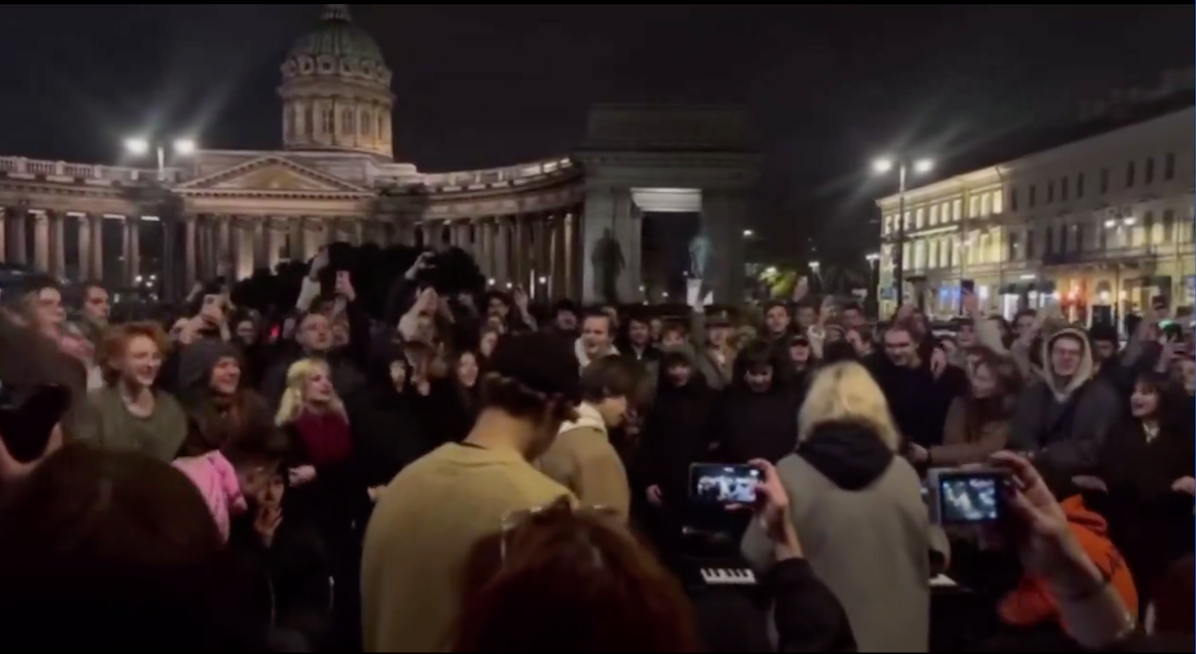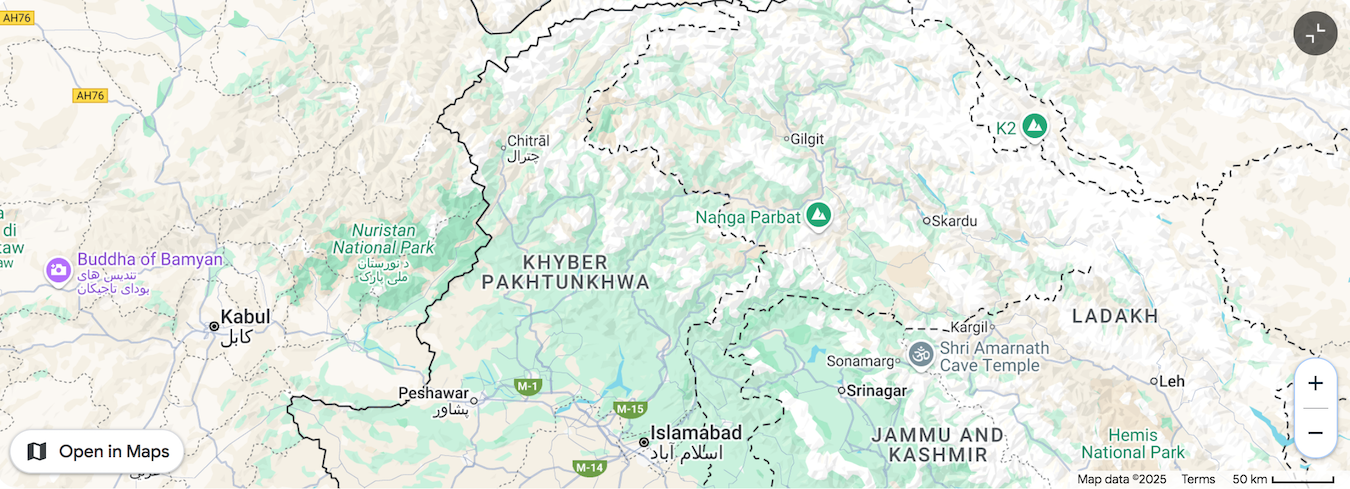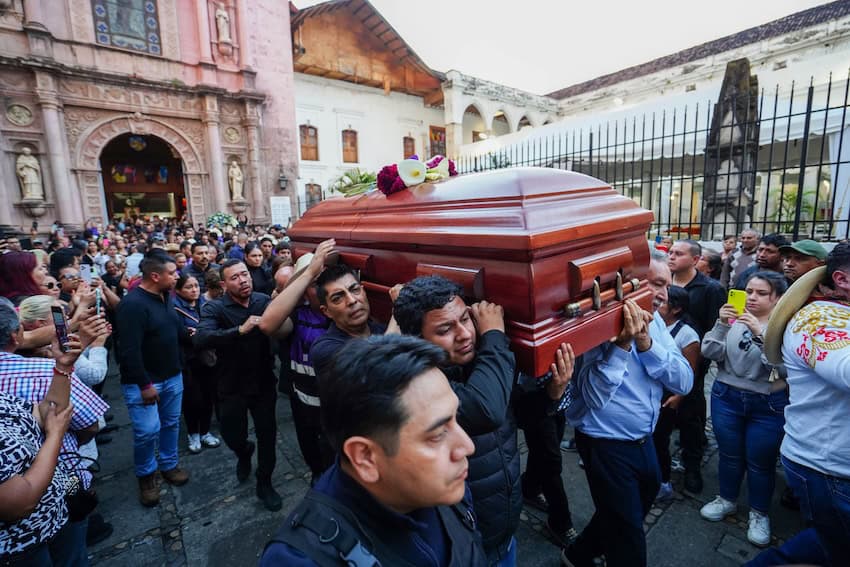
Mexico: specter of US strikes amid cartel terror
Mayor Carlos Alberto Manzo Rodríguez was assassinated during a Day of the Dead celebration in the main square of Uruapan, in the violence-torn Mexican state of Michoacán. He had been an outspoken opponent of the drug cartels and their reign of terror in the state, and his death sparked protests across Michoacán. The US State Department said in response to the killing that the United States is ready to “deepen security cooperation with Mexico to wipe out organized crime on both sides of the border.” But this comes as the specter of unilateral US intervention has been raised. NBC News reports that the White House has started planning a “potential mission” involving US troops and intelligence officers to target the cartels on Mexican soil. (Photo: Juan José Estrada Serafín/Cuartoscuro.com via Mexico News Daily)



